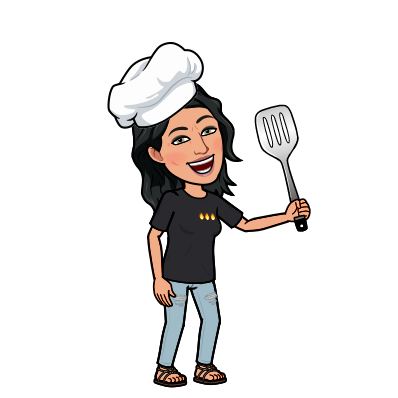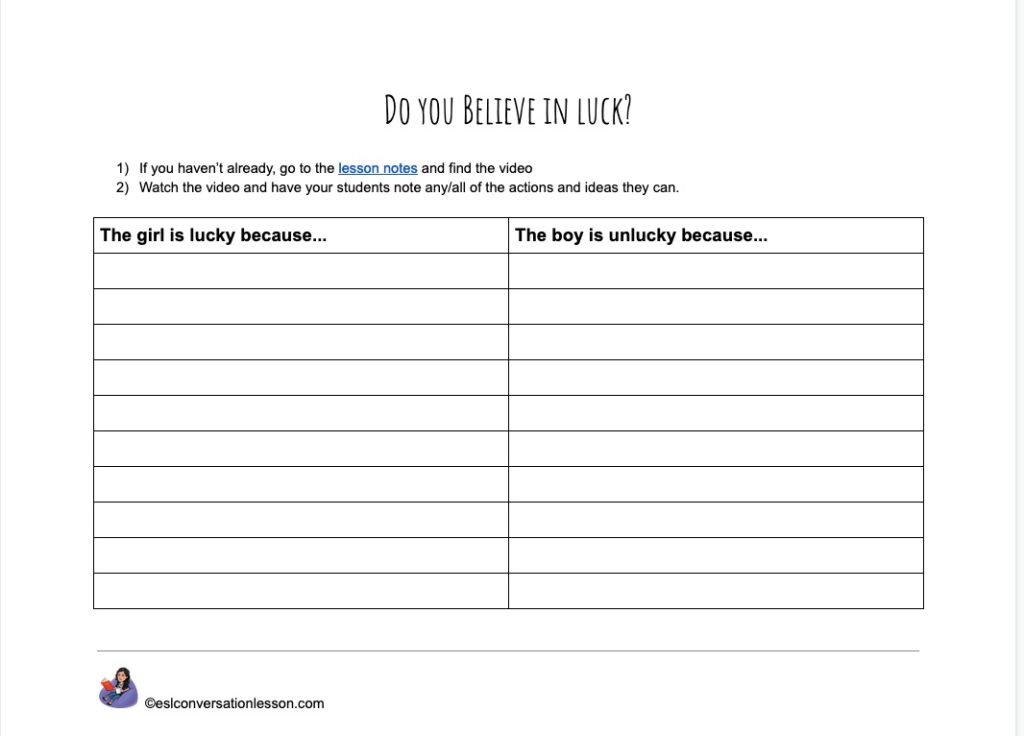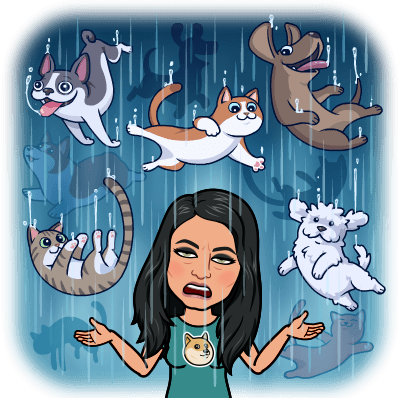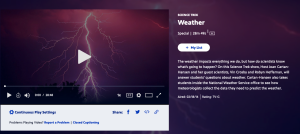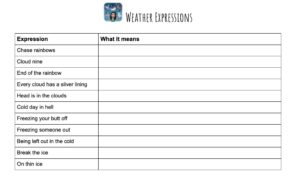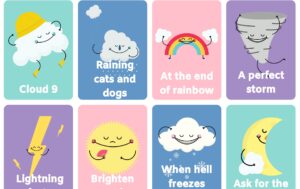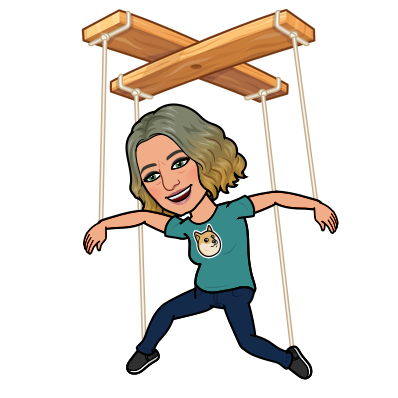Picture a fireplace roaring, the smell of baked goods in the kitchen, music in the background, a hot beverage, or a little cocktail–you can’t help feeling the warm fuzzies, can you? These are classic soul-lifting ingredients.
Did you know that this is also the basic theme of the Winter Solstice and even the root of many Christmas traditions? After years as an ESL teacher, I find this time of year is sometimes a little tricky to talk about in class. Christmas is exploding everywhere, but not for everyone. That’s why I prefer to introduce the holiday season through its precursor: the Winter Solstice.
Warmth and Light for Everyone
The Winter Solstice is one of the most universal celebrations in the world — and one of the easiest for ESL students to connect to, no matter their cultural or religious background. What makes it so rich for class discussion is that it’s a non-denominational event based on nature, not religion. The days grow shorter, the nights grow longer, and it can get a little depressing when the sun goes down at 4:00 p.m. We need a collective “pick-me-up” do you think?
How to we do this? We respond to this darkness in similar ways across the world: we decorate with lights, share food, exchange gifts, listen to music, and gather with people we love. These traditions help us feel hope and joy during a cold and difficult time of year.
The Comfort of Traditions
Many modern celebrations, including Christmas, use symbols that come from ancient solstice traditions. For example, decorating trees with lights, sharing meals, and giving gifts are always to bring light into the darkness — both literally and emotionally.
If you want to discuss traditions with your students, I found this interesting article in Reader’s Digest on festive traditions around the world. Then I suggest you open the discussion with some traditions your students might like to share under the umbrella of “Making Spirits Bright.”
Warm up
- Mind map some of these words (which are also in the article): darkness, light, hope, feast, tradition, comfort, gather, celebrate, return, gift-giving
- Why does giving and receiving gifts make people feel good?
- Do you celebrate something in winter?
- What helps you feel connected to others?
The article: 15 Fascinating Winter Solstice Traditions Around the World

Discussion Questions
- What is the Winter Solstice — why is it significant for many cultures?
- Name two different solstice traditions from around the world described in the article. What do people do in those traditions?
- Why do many solstice celebrations involve food, family gatherings, or rituals at night or with lights? What might these actions “represent”?
- According to the article, how is the solstice connected to some modern holidays (or winter celebrations)?
- Which of the solstice traditions you read about would you like to try?
- Why is community especially important during the darker, colder months? Is there a downside to getting together?
- In your own culture (or family), are there traditions or habits that feel similar to solstice celebrations.




